Your Plant-Based Cooking Questions, Answered
We've been helping people transition to vegetarian and vegan cooking since 2019. Here's what students usually ask us before starting their culinary journey.
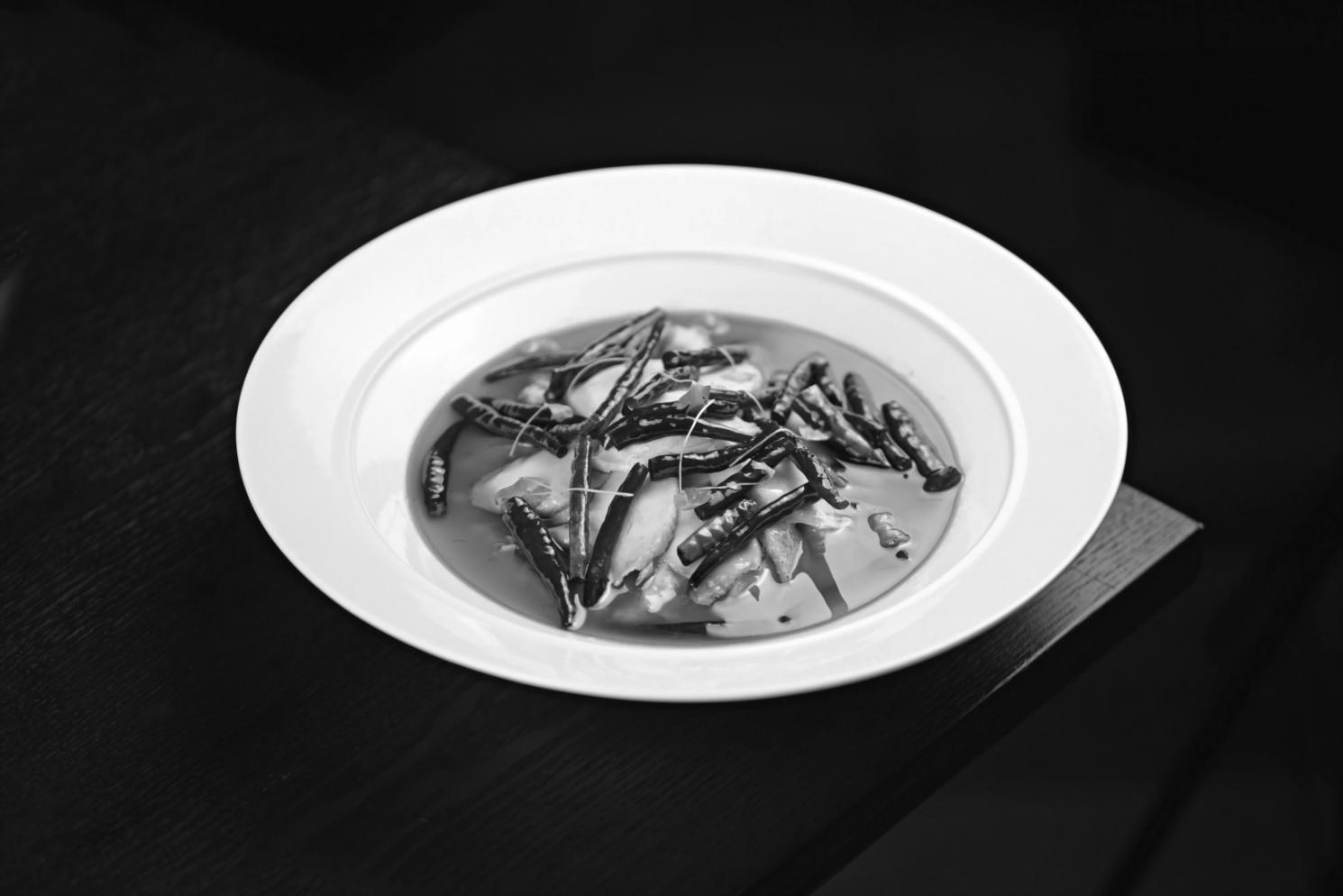
Starting Your Journey Without Meat
Most people worry they'll miss flavors or won't know where to begin. But here's the thing — plant-based cooking isn't about taking things away. It's about discovering ingredients you might've walked past at the grocery store for years.
Our programs run from September 2025 through early 2026. Students spend six to eight months exploring techniques, not following rigid meal plans. You'll work with cashews that turn creamy, mushrooms that develop umami depth, and spices that transform simple beans into something memorable.
Common Questions We Hear Every Week
Do I need professional kitchen experience to start?
Not even close. About 70% of our students have only cooked basic meals before joining. We start with knife skills and building flavor foundations. If you can boil water and follow directions, you're ready. The learning curve exists, but it's gradual.
How much time should I plan to dedicate each week?
Most students spend 8-12 hours weekly on lessons and practice cooking. That includes video sessions, reading materials, and actual kitchen time. Some weeks are lighter, others need more focus — especially when you're testing recipes. It's flexible enough to work around full-time schedules.
What equipment do I actually need at home?
A decent chef's knife, cutting board, blender, and basic pots and pans cover 90% of what we do. You don't need specialty gadgets or expensive appliances. We'll suggest a few items as you progress, but nothing breaks the bank. Good tools help, but technique matters more.
Can I take courses if I'm not fully vegan or vegetarian?
Absolutely. Many students just want to cook more plant-based meals during the week. Others are transitioning gradually. We don't police what you eat outside of class — we just teach you how to make vegetables, grains, and legumes taste excellent. Your reasons are your own.
Will I learn enough to cook for family members with different preferences?
That's one of our main focuses. We cover how to build meals that satisfy various tastes and dietary needs. You'll learn to create dishes where non-vegetarians won't feel like they're missing anything. Flavor and texture techniques work across preferences.
What happens if I fall behind or miss sessions?
All course materials stay accessible for 18 months after enrollment. Life happens — jobs get busy, kids get sick, things come up. You can pause and return when you're ready. We also have monthly catch-up sessions where instructors review key concepts for anyone who needs them.
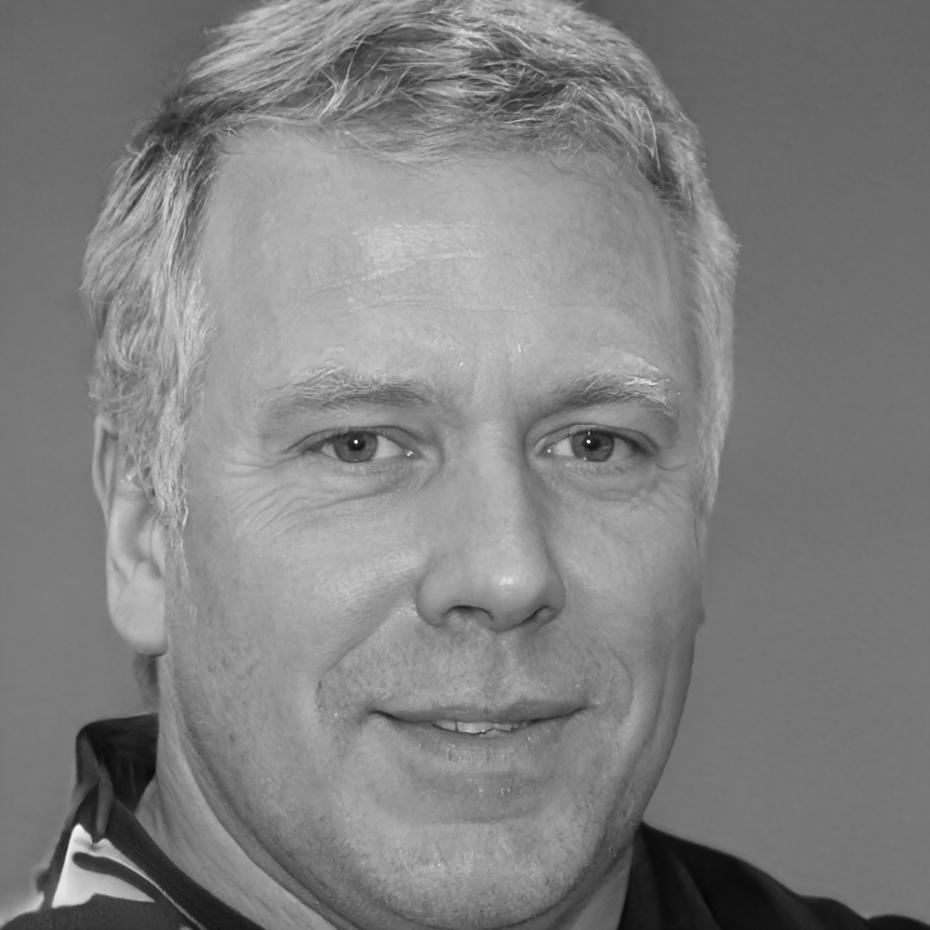
Colby Tremont
Fermentation Specialist
Spent eight years working in plant-based restaurant kitchens before teaching. Answers most questions about tempeh, miso, and why your sourdough won't rise.
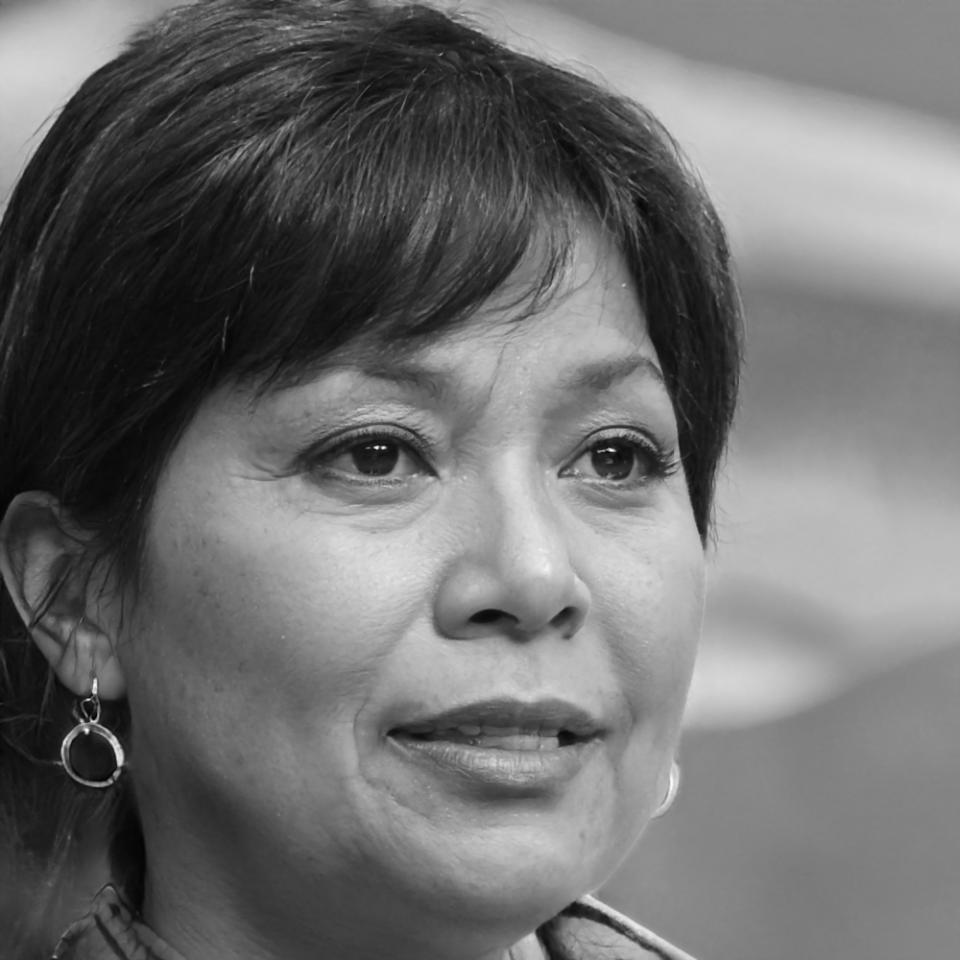
Rhiannon Desmond
Baking Instructor
Focuses on egg-free and dairy-free baking that actually works. Known for troubleshooting failed attempts and explaining the science behind substitutions.
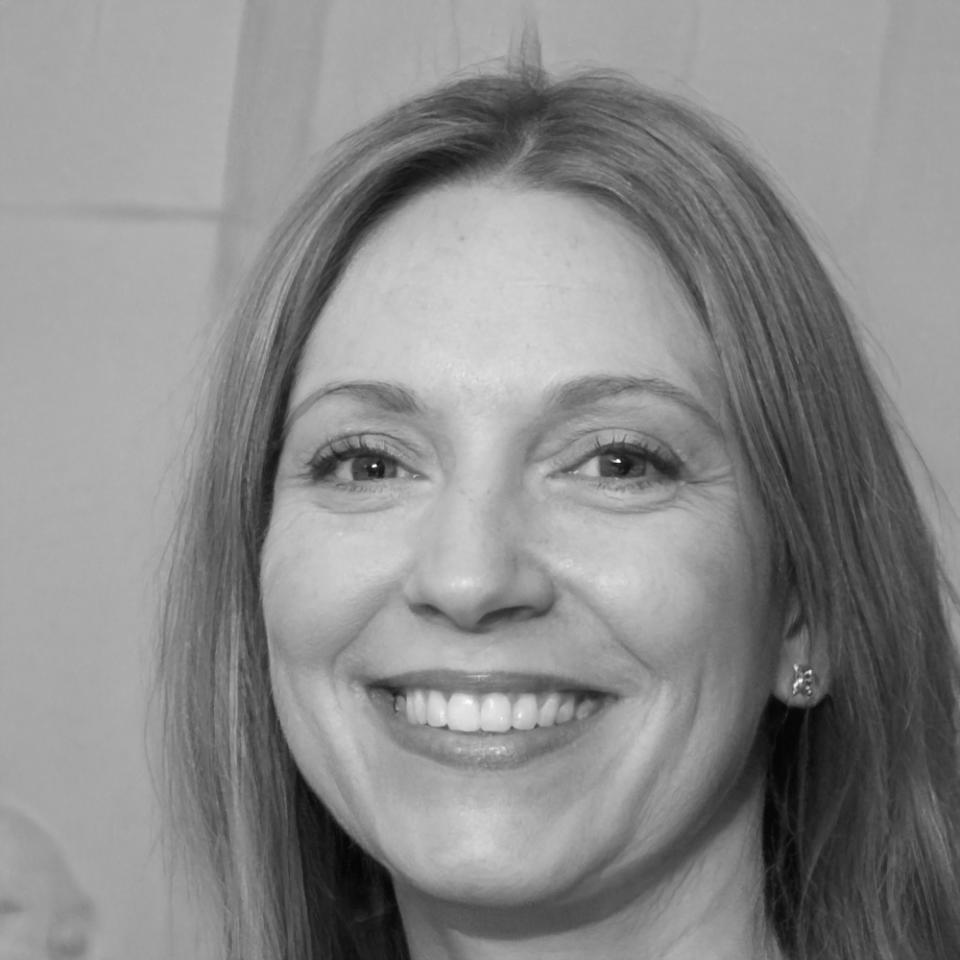
Isolde Faraday
Nutrition Educator
Handles questions about protein, iron, B12, and meal planning. Trained as a dietitian before switching to culinary education five years ago.
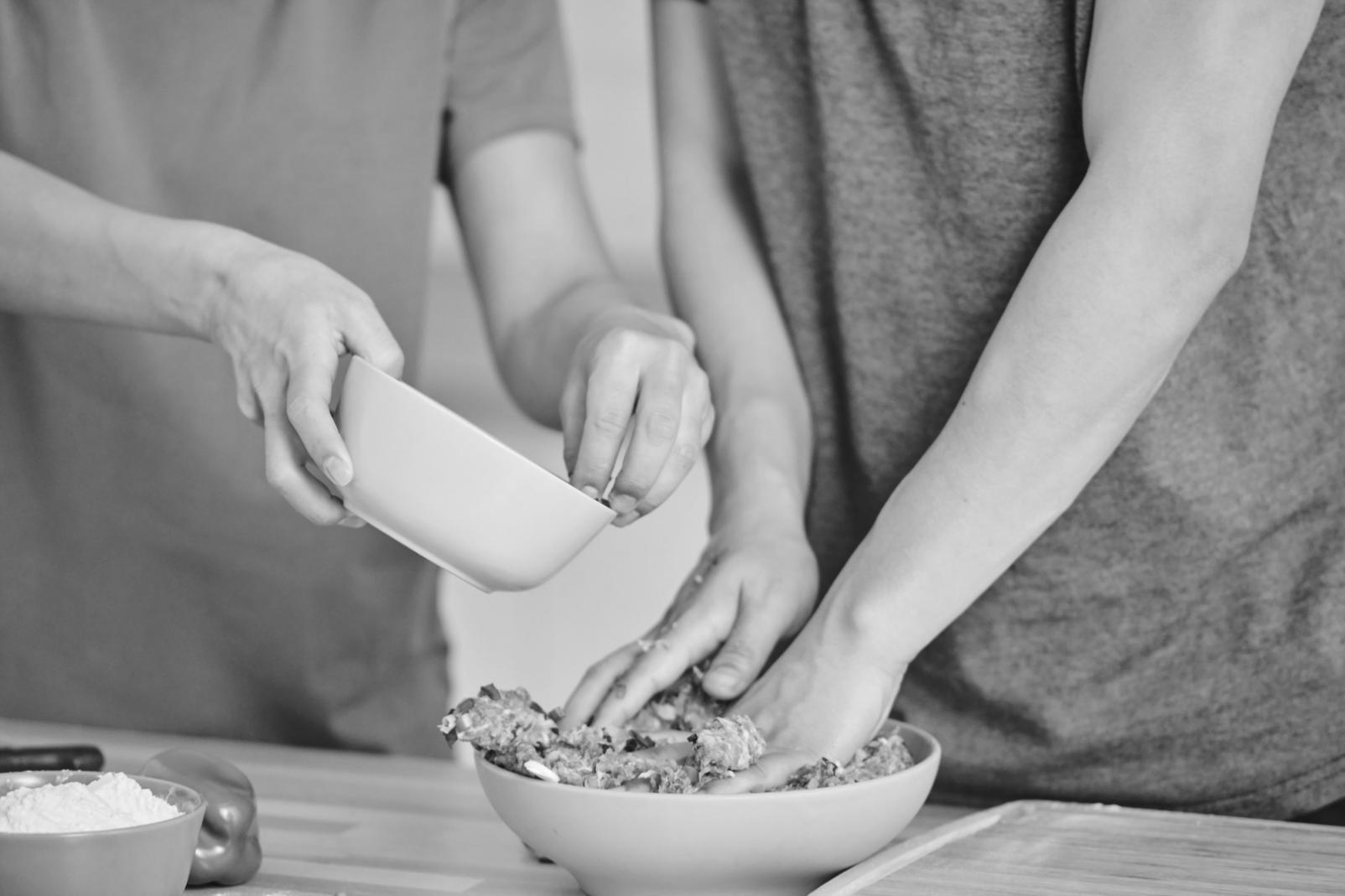
Still Have Questions? Let's Talk.
We're at our Burbank location most weekdays, and we're happy to discuss your specific situation. Email works best if you want a detailed answer about course schedules or program fit.
Our next enrollment opens in August 2025 for fall courses. Programs fill up about six weeks before start dates, so reaching out sooner gives you more options.
Get In Touch